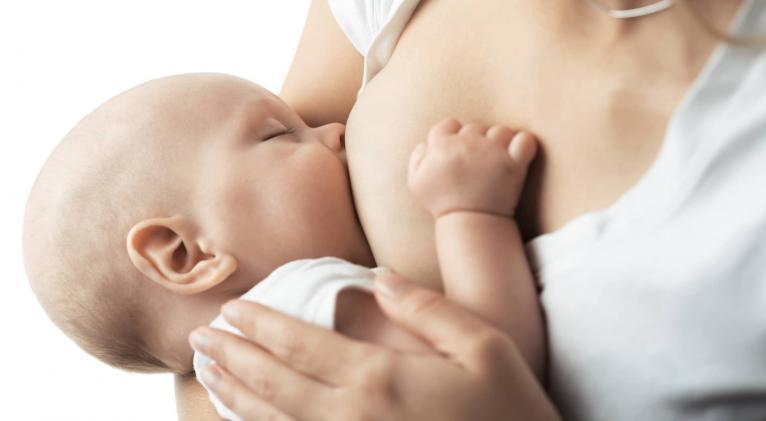Breastfeeding: A Commitment to Health
especiales

Every year from August 1 to 7, more than 170 countries join in celebrating World Breastfeeding Week, an initiative officially proclaimed in 1992 by the World Health Organization (WHO) and UNICEF. This observance addresses a public health imperative: to protect, promote, and support breastfeeding as a fundamental pillar for the physical and emotional development of humans from their earliest days of life.
Far from being a simple biological act, breastfeeding is a practice that fosters equity from the very beginning of life. This is why emphasis is placed on the need to reduce social inequalities by effectively promoting and supporting breastfeeding, with special attention to emergency and crisis contexts, where the most vulnerable mothers and infants often lack protection. In these scenarios, breast milk can be literally lifesaving.
Scientific evidence is conclusive: exclusive breastfeeding during the first six months of life not only provides all the nutrients a baby needs but also protects against infections, reduces the risk of respiratory, gastrointestinal, and urinary diseases, and helps lower the incidence of Sudden Infant Death Syndrome (SIDS). For mothers, there are also significant benefits: breastfeeding aids postpartum recovery, reduces the risk of certain cancers, and strengthens the emotional bond with their child.
However, beyond WHO recommendations—which stress continuing breastfeeding for at least two years, alongside complementary foods—public policies must actively support this process. Real support for mothers should include professional guidance, family assistance, workplace protections, and hygienic, private conditions in work and study environments. Simply reiterating the benefits is not enough: concrete conditions must be created to make breastfeeding a viable, dignified, and protected choice.
Unequal access to this right remains an unresolved issue. In many contexts, poorer and less-educated mothers face the greatest obstacles: lack of information, social pressure, insufficient institutional support, and in some cases, aggressive marketing of commercial substitutes. World Breastfeeding Week is an opportunity to highlight these gaps and demand structural solutions that leave no one behind.
In countries like Cuba, where maternal and child health is a state priority, there is a favorable environment to further promote breastfeeding as both a health policy and an act of justice. Yet even here, efforts must be strengthened, including better training for healthcare professionals, expanding mother-friendly spaces, and fostering a social culture that respects and values this intimate yet profound act. Breastfeeding is a child’s right and a shared responsibility.
Celebrating this week means more than displaying slogans in healthcare facilities. It requires renewing our commitment to life from its earliest days, actively supporting mothers in all contexts, and recognizing that, as a society, we have a duty to ensure every child can access the most complete, safe, and loving nourishment in the world: breast milk.
Translated by Sergio A. Paneque Díaz / CubaSí Translation Staff














Add new comment